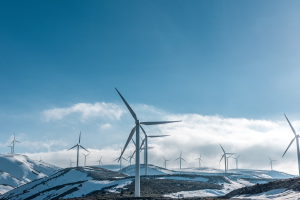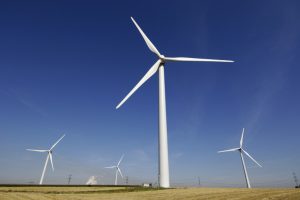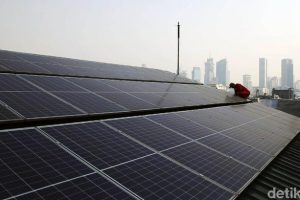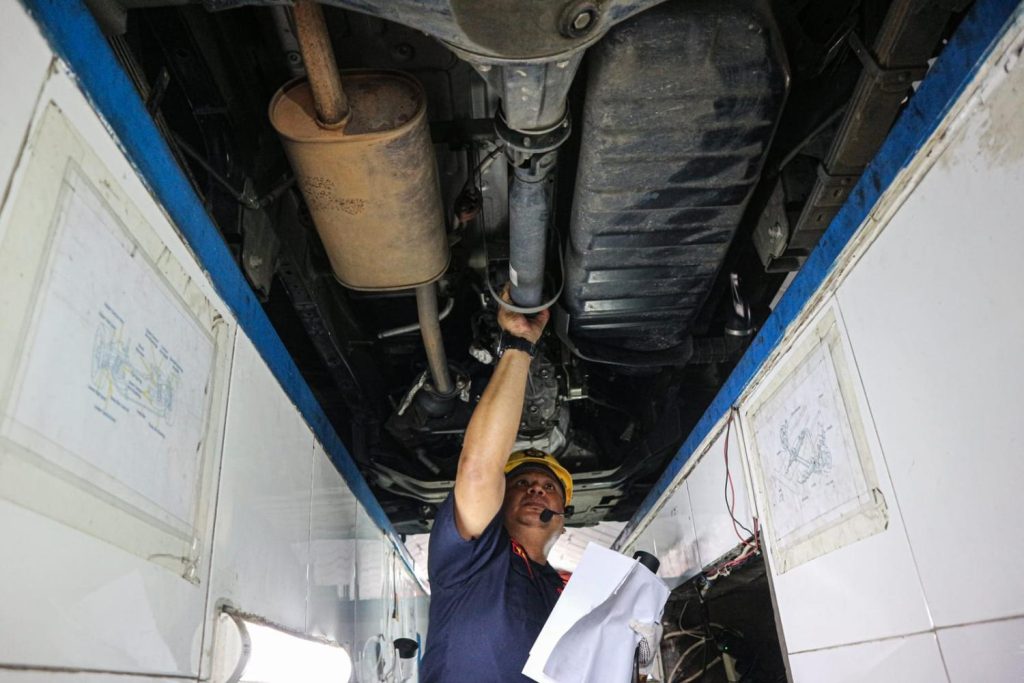Southeast Asia’s largest economy, Indonesia, has provided a tax incentive in the form of a cut in car sales tax to help the country’s automotive industry recover from the COVID-19 pandemic impacts. However, this tax cut could damage the environment as more cars on the streets will increase carbon emissions.
Indonesia’s car sales
Indonesia is the second-biggest car manufacturer and the biggest car market in Southeast Asia. Last year, its car sales fell by more than 40%.
Indonesia introduced the tax cut this month to stimulate the appetite of middle/high-income people to buy cars, Co-ordinating Minister for Economic Affairs Airlangga Hartarto said.
The government set aside a budget of Rp 2.9 trillion (around US$200 million) to cut car sales tax this year. That’s equivalent to 5.4% of the country’s tax incentives disbursed during the pandemic.
The incentive applies only to two-wheel-drive vehicles with less than 1,500cc engine capacity and at least 70% local components. The government will offer the incentive until December in three stages:
- 100% cut for car sales from March to May
- 50% cut for car sales from June to August
- 25% for car sales from September to December.
This fiscal incentive is expected to help accelerate Indonesia’s economic recovery. Not to mention, the government is also planning to expand the tax cut for the vehicle with 2,500cc engine capacity.
As the largest contributor to the economy, household consumption is expected to regain its pre-pandemic levels following the car sales tax cut.
More pollution
Indonesia is one of most polluted countries in the world. Indonesians were able to enjoy less air pollution right after the government enforced social distancing policy, under which people could not go anywhere, and offices and schools were closed. However, after the government relaxed the restriction, air pollution went up again as more people drove around.
With the incentive, we could expect to see more private cars on the streets again, producing more carbon emissions than ever.
The country is one of the world’s biggest emitters. A 2020 report from Indonesia’s Ministry of Environment and Forestry shows the transportation sector accounted for the second-highest carbon emissions in the country’s energy sector.
Indonesia’s transportation sector is also the biggest emitter among the Southeast Asian nations. The country emitted more than twice the emissions of neighbouring Malaysia in 2017.
Supply chain’s big environmental footprint
The Association of Indonesia Automotive Industries has estimated the cut in car sales tax will increase sales by 40%.
This increasing demand will push factories to produce more cars, and this will put the environment at risk. Car manufacturing has a large carbon footprint as it relies on the production of various materials, such as steel, rubber, glass and plastics.
The latest data from Indonesia’s Directorate General Of Climate Change Control show iron and steel industries were the third-highest (14%) carbon emitters in industrial processes and production use, following the ammonia and cement industries.
Steel is the dominant material for cars. Thus, manufacturing more cars means more steel is needed, leading to higher carbon emissions.
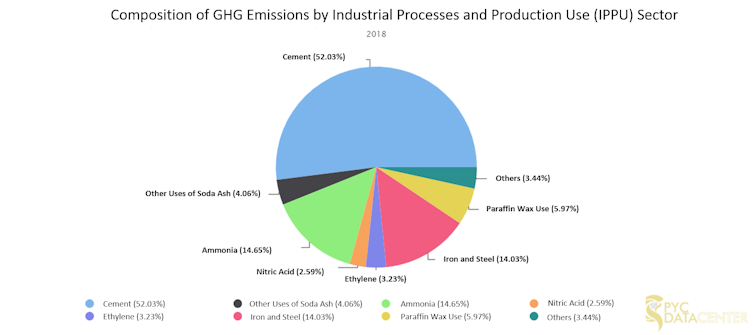
Besides carbon emissions, the steel industry also produces many hazardous and toxic substances as waste, such as sludge, dust, oil and grease.
Need other policies
Even though the car sales tax cut will help the economy, it will risk Indonesia having higher carbon emissions at the end of this year. It will set back Indonesia’s efforts to reduce its carbon emissions.
Indonesia has set targets for its nationally determined contribution (NDC) to reduce carbon emissions by 29% by 2030 and 41% with international aid.
In addition to the car sales tax cut, the government needs to issue a carbon-pricing policy. This is an effective way to address climate change issues by reducing carbon and making polluters accountable for their emissions.
Indonesia’s government has been formulating a carbon-pricing policy since last year. But its implementing regulation has not been issued.
We urge the government to accelerate the formulation and implementation of carbon-pricing policy to accompany the car sales tax incentive to control the transportation sector’s carbon emissions.![]()
Haryanto, Researcher, The Purnomo Yusgiantoro Center and Filda Citra Yusgiantoro, Senior Researcher, The Purnomo Yusgiantoro Center
This opinion has been published on The Conversation
Check the original article by clicking on this text.
Disclaimer: This opinion piece is the author(s) own and does not necessarily represent opinions of the Purnomo Yusgiantoro Center (PYC).

